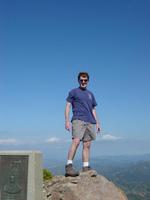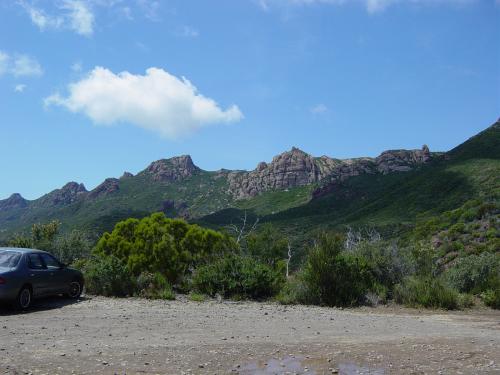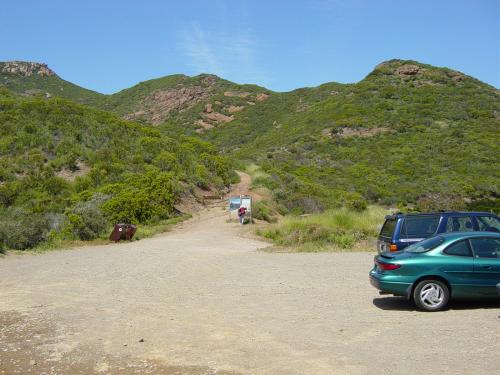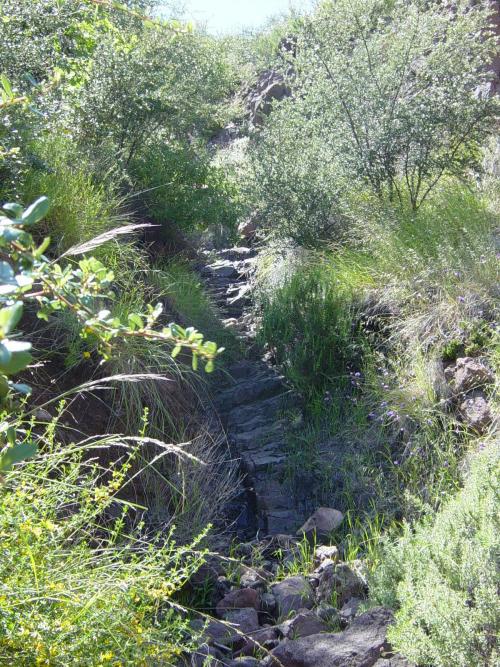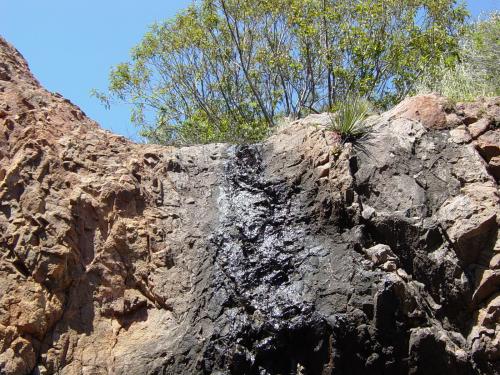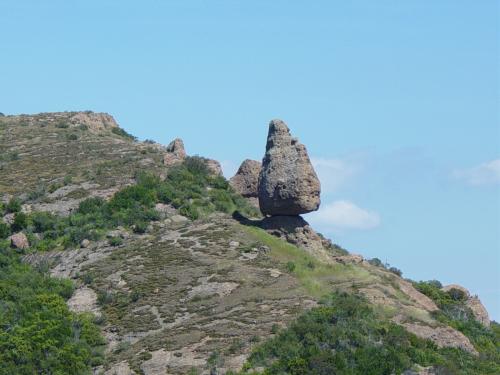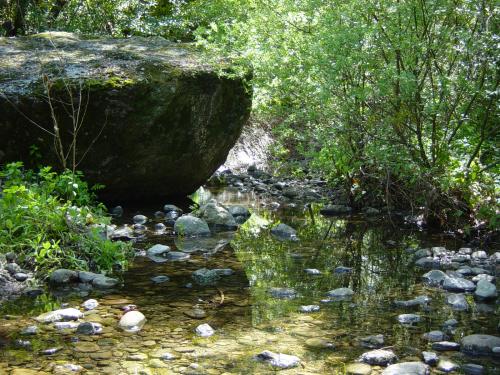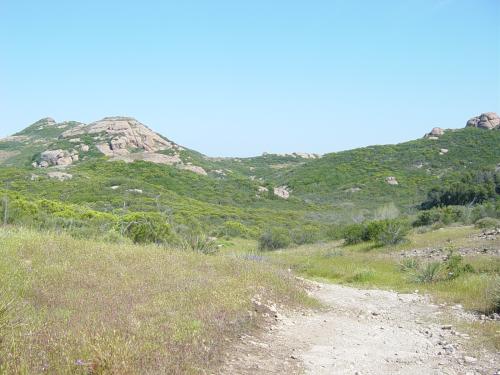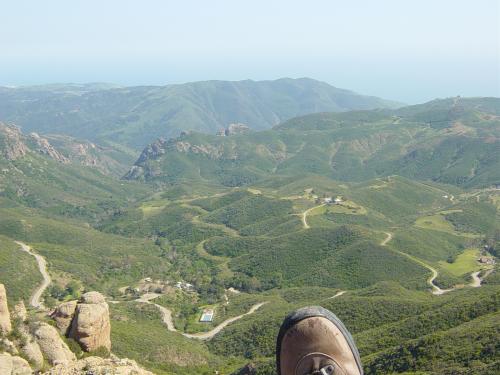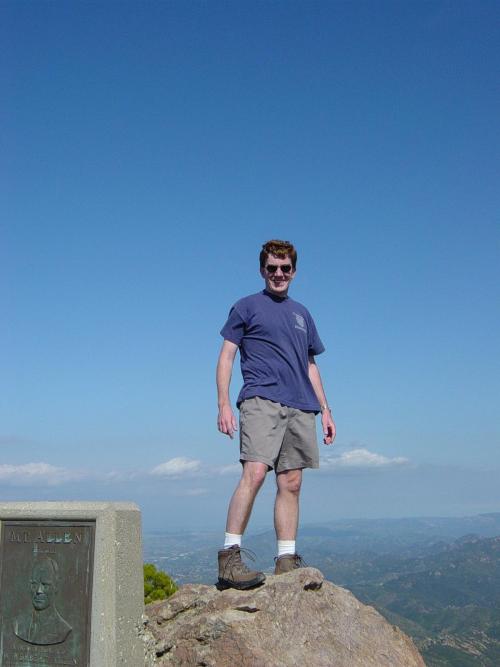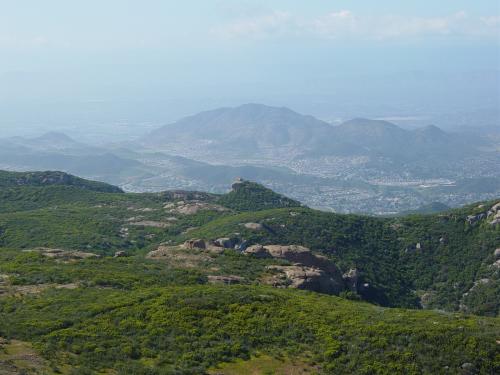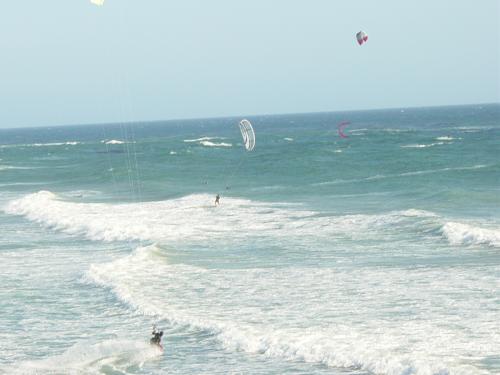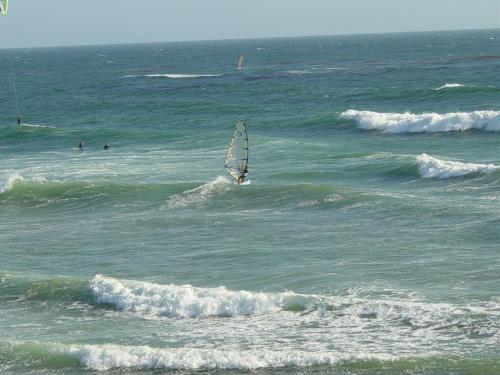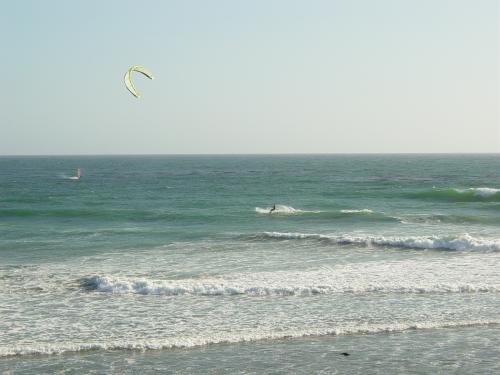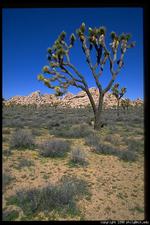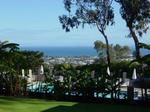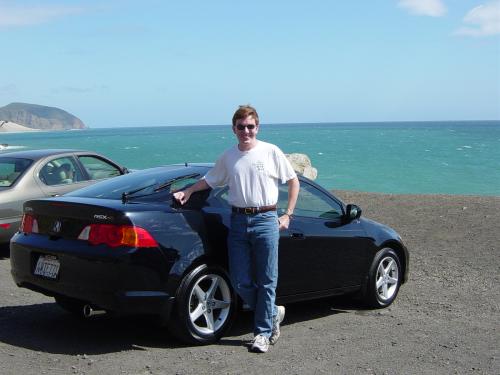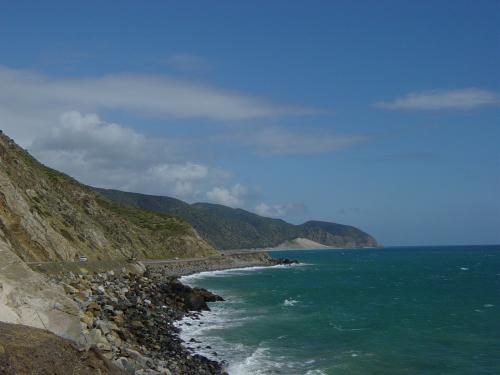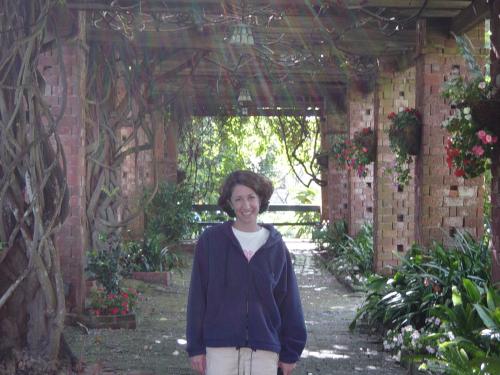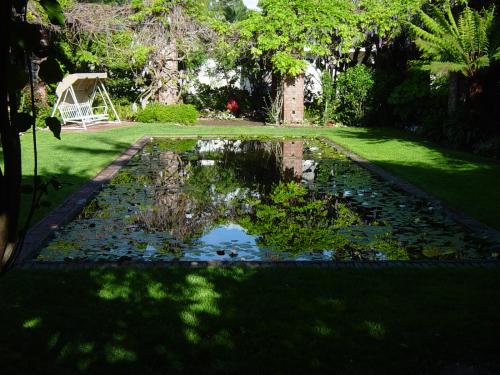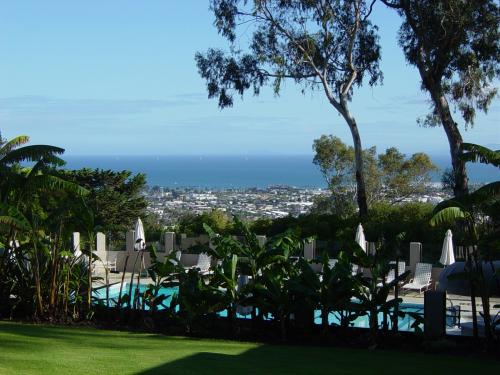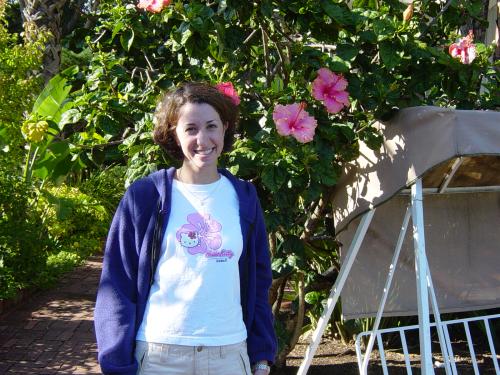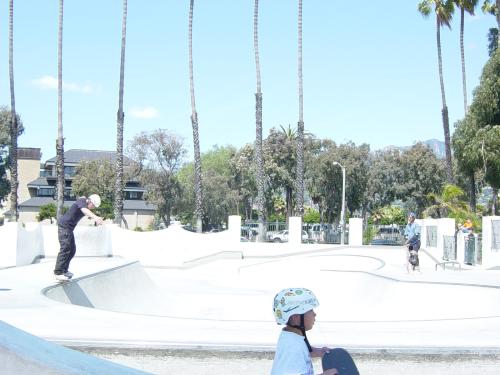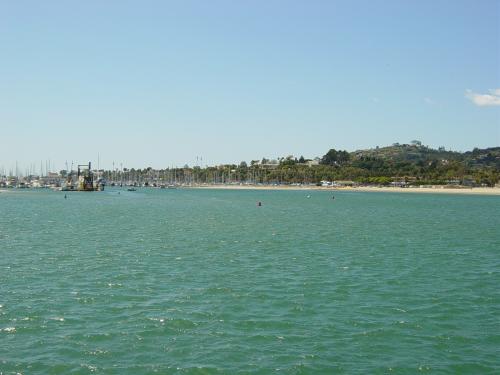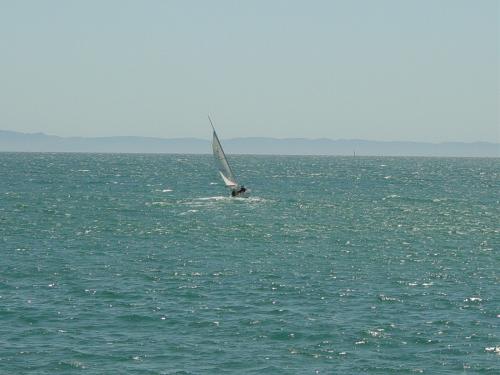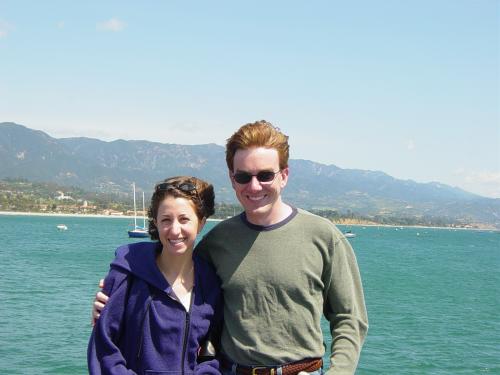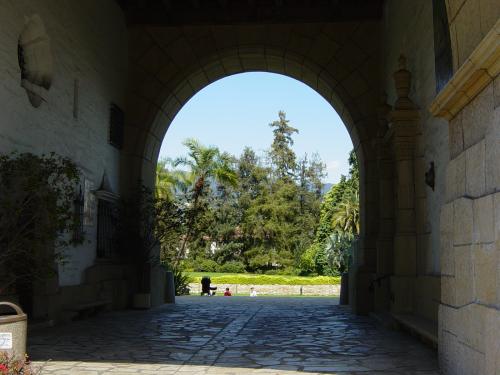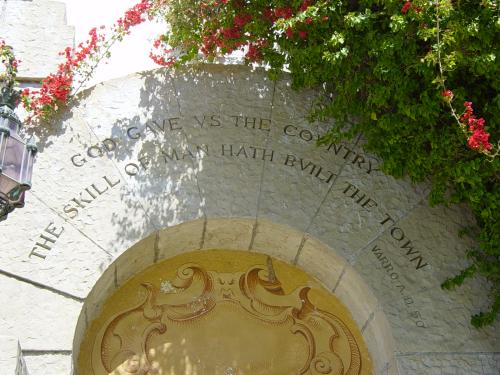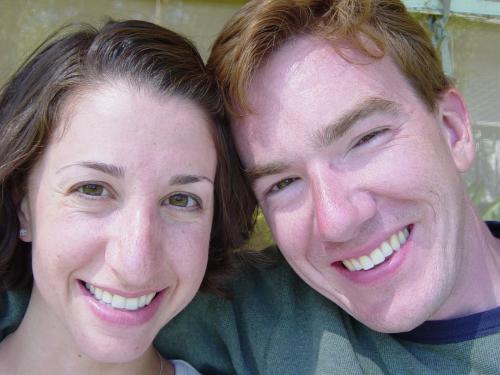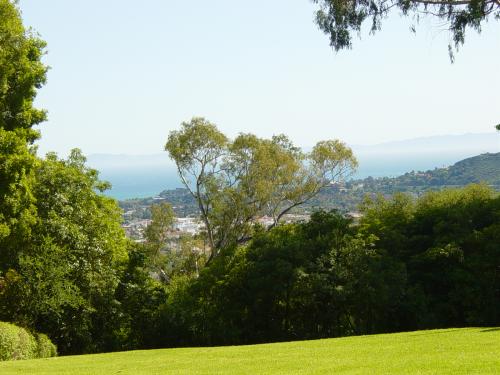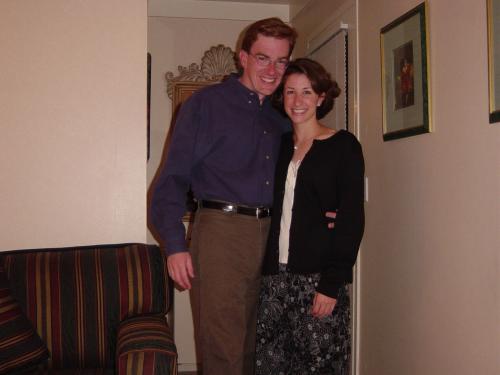Influences Essay
Yet another FEMBA application essay. How have people, events, and / or situations in my life influenced who I am today? Continue reading for my response.
Build success upon success: one foot after the other, one day after the next. This idea of continuous growth, of a lifelong journey built up from step after step, has been reinforced by people and situations throughout my life.
Parents usually give their children the first examples on how to approach the world. I was extremely fortunate to have excellent role models from the start. My father was home every day at 5:30, after a long day of working to provide for his family. It may seem like a trivial point, but it was valuable lesson, learned via the regularity of its occurrence: Every day, work hard. Every day, be there for your loved ones. Good results will follow.
During my preschool years, my mother was always at home. That was another form of regularity that was comforting to a child. Several years before I was to graduate from high school, as I was beginning to show some academic promise, my mother took a job at the University of Notre Dame. One of the explicit reasons for taking that particular job was to qualify for tuition benefit, so that we would be able to afford that excellent institution. This was another example: Plan for the future, and work toward it.
I first ran a marathon while in graduate school, at the University of Texas, in 1998. The training began early: Nearly six months before the race, the group organized and set goals. Every week we added mileage to the long runs, and soon we were running 13 to 16 miles on Saturday mornings. There were times that I was so physically exhausted, after the runs, that I could not do anything the rest of the day. However, my body and mind were changing. I could tolerate running for three hours without stopping. My legs could handle the continuous pounding, and my mental reserves were building up to handle the fears and doubts encountered along the road. Success upon success: The long runs grew longer, my confidence rose, and I felt like I was ready to handle the marathon.
The world interposed problems, as it does occasionally. My apartment had a power outage the night before the race, and my alarm clock ceased to function. The starting gun fired, and I woke over a half hour later. But I had planned and practiced too long, and I would not let it go to waste. I threw on the running clothes, flew down the freeway, and managed to get to the starting line about an hour late. Workers were beginning to take down the stands and clean up the remnants of the starting celebration, and they pointed me in the correct direction. At the start of the 26 mile journey, I did not have my running partners, good mental equilibrium, or even police protection at intersections. But the successes of my training had prepared me, and I knew that I could finish well. In the end, due to the months of effort, I finished the race, with a time of just over four hours.
Whether it was through the example of my parents, or via my own experiences while running marathons, I have learned the value of always growing and always preparing for the next step. Day by day, the little successes add up, and I believe that they lead to a fine character and a well-lived life.
